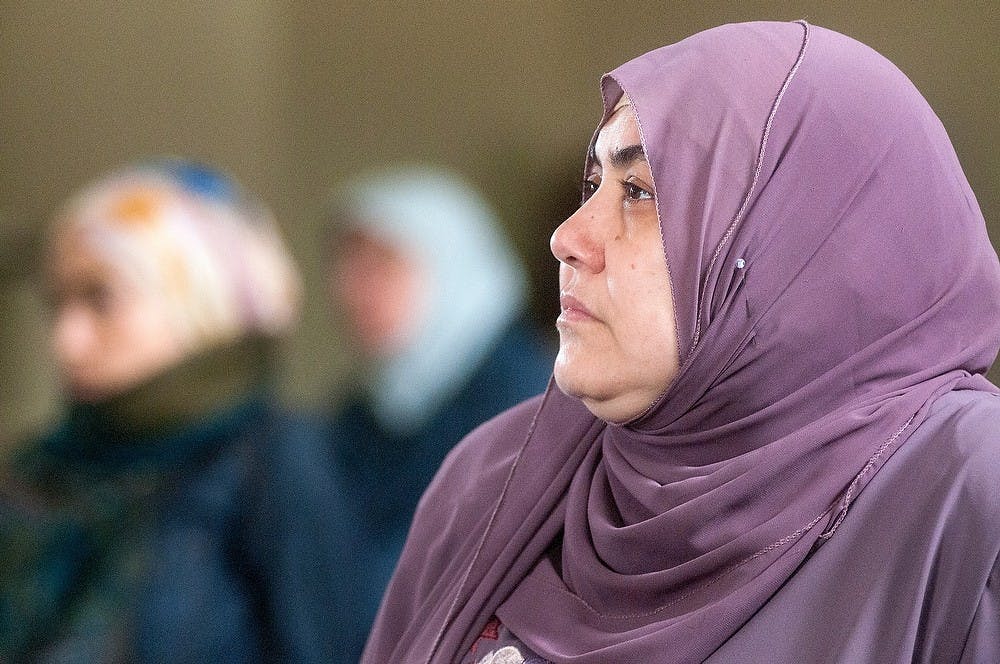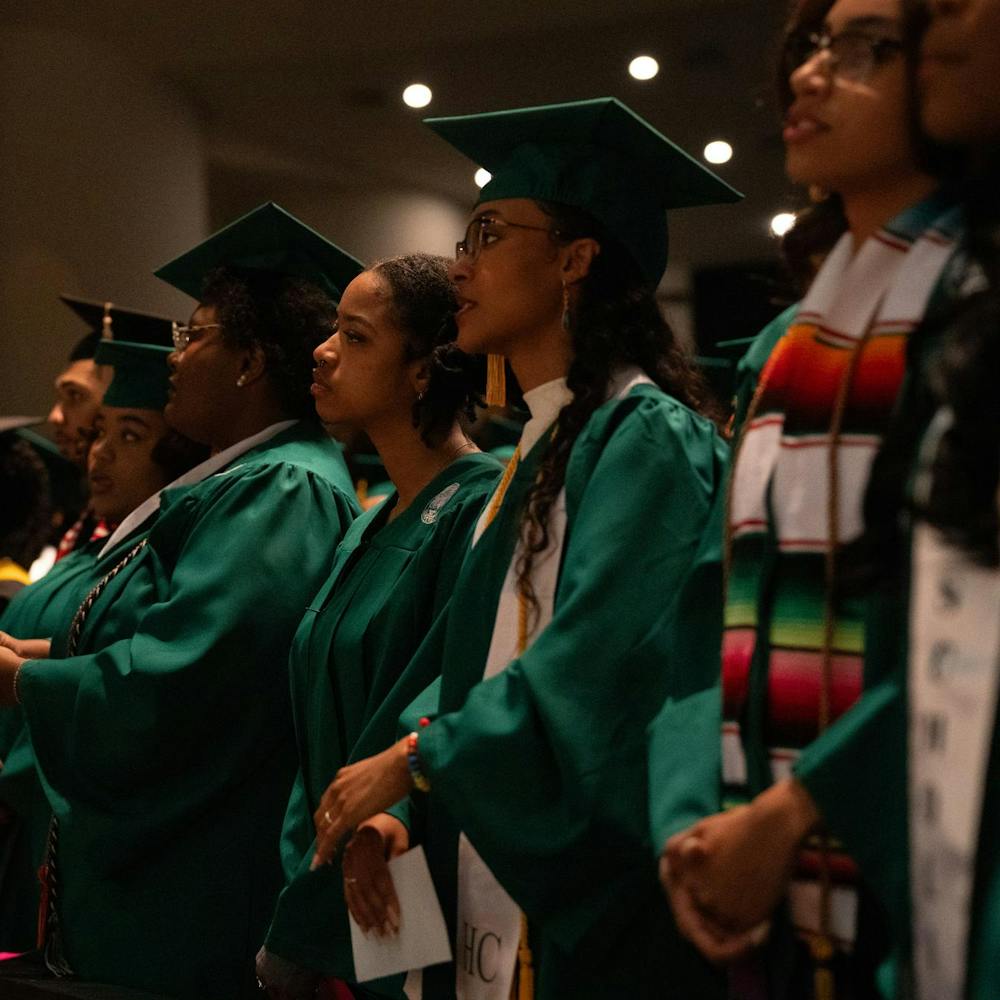It often starts the same. Islam. Hinduism. Catholicism. Buddhism. Judaism. A hymn, a chant, a moment of silence — meditation or prayer. Then comes a sermon, a discussion or chanting to a deity.
Acharya Surendra Bhardwaj Shastriti, a priest at the Bharatiya Temple of Lansing, pulled out a small book and began a saying in Sanskrit.
“May all realize what is good, may none be subject to misery,” he said.
It is a prayer for all, not just for those of Hindu faith.
Father Mark Inglot, a pastor at St. Thomas Aquinas Parish, 955 Alton St., said many religions share a common thread.
“All religions have an element of the truth,” Inglot said. “What some don’t have is the truth of Jesus Christ. All religions of the world have this in their holy writing and that’s the golden rule, to treat other people the way you would want them to treat you.”
Mohamed Mabrouk, an imam at the Islamic Society of Greater Lansing, said the main difference between the Islamic and Christian faith is Christians believe Jesus is the son of God, whereas Muslims believe he is a prophet.
“Both religions, they invite toward good and forbid from evil, do things only for the sake of God,” Mabrouk said.
For Shoshie and Jacquelin Fox-Long, 13, their Judaic faith acts as a guide in their life and teaches them how to treat other people. The two said they were excited to have their bat mitzvah, a religious coming-of-age ceremony, and to be able to read from the Torah for the first time in front of their congregation at Kehillat Israel.
Ajahn Khemasanto, a monk at Dhammasala Forest Monastery, said Buddhism is less of a religion and more of a science.
Khemasanto said the basis of Buddhism is science and not faith and that Buddha was more concerned about the functions of the mind, rather than the questions about the meaning of life.
“So the path that he taught was the purification of mind from craving and clinging, but especially to wrong ideas,” Khemasanto said. “Once you get rid of craving and clinging, stress stops and then you just are in harmony with things around you.”
Support student media!
Please consider donating to The State News and help fund the future of journalism.
Discussion
Share and discuss “A Day of Worship” on social media.







